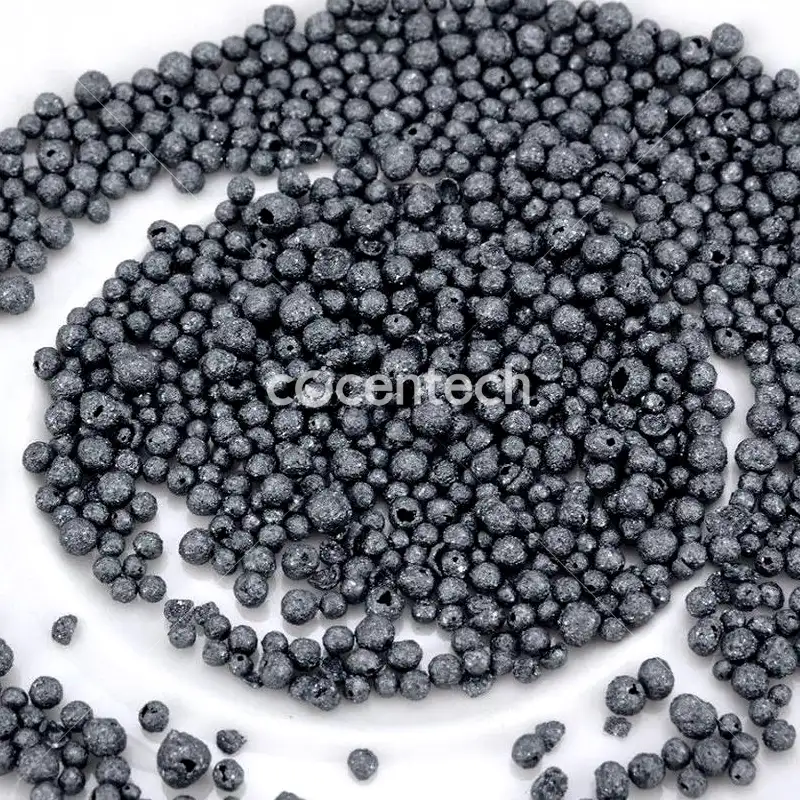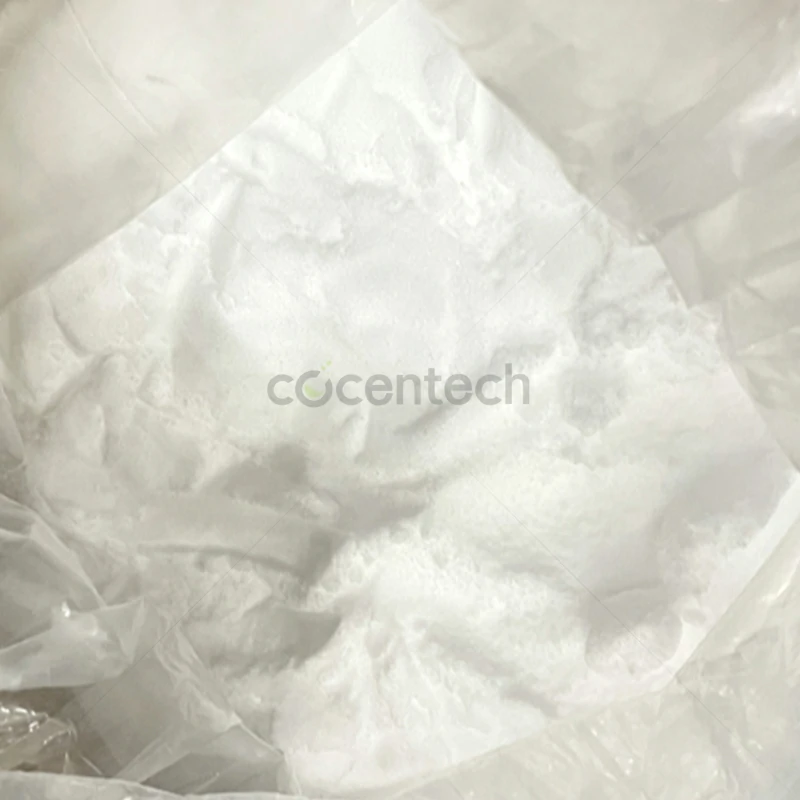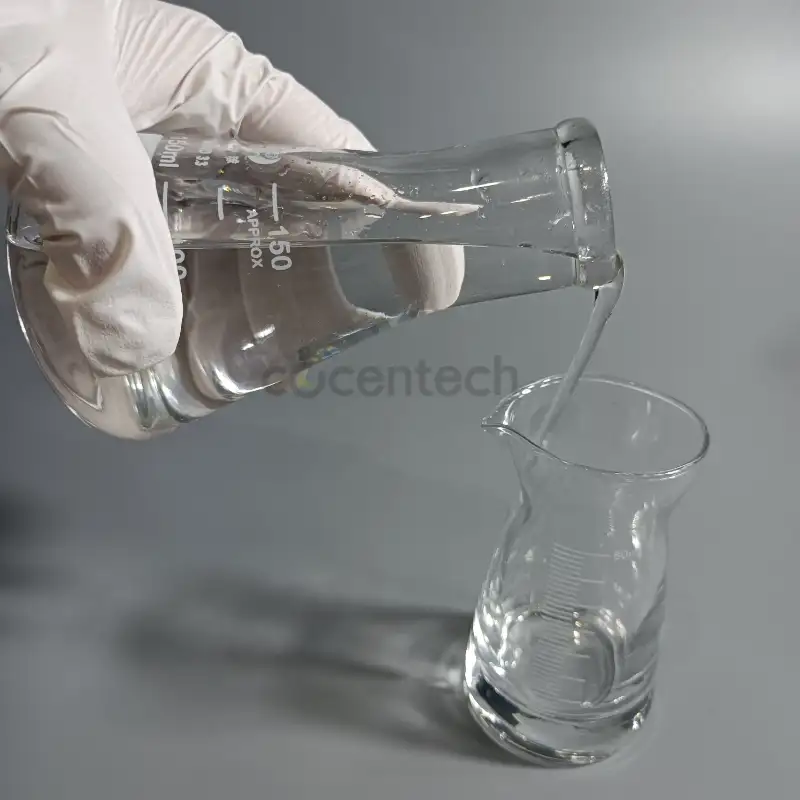Monkeypox is becoming a prevalent disease in Brazil, according to the latest report issued by the Ministry of Health. On August 20th this year, a total of 14,054 cases were recorded, with around 4,000 cases confirmed.
In response to the escalating outbreak and increasing number of cases.The Ministry of Health has established a Health Response and Coordination Center to effectively combat the disease. A comprehensive vaccination program has been implemented to address the situation.
Furthermore, on August 19th, 2022.During the 13th Special Meeting of the Brazilian Health Regulatory Agency (Anvisa), a proposal was discussed. The proposal aimed to initiate a regulatory process that would temporarily exempt the registration and exceptional importation authorization requirements for medicines and vaccines acquired by the Ministry of Health, specifically for the prevention and treatment of monkeypox. This proposal, as well as a resolution from Anvisa’s Collegiate Board of Directors, was unanimously approved.
Subsequently, during a DICOL meeting on August 25th, the Agency approved two crucial public health measures. These measures entail a six-month exemption from registration and subsequent importation and use, limited to the Ministry of Health. The first measure involves the tecovirimat medicine, also known as TPOXX, which has already been authorized in the United States. The medicine is intended for treating confirmed cases in Brazil through a partnership with the Pan American Health Organization (OPAS). The second measure pertains to the Jynneos/Imvanex vaccine, produced by Bavarin Nordic A/S in Denmark and
Germany. This vaccine has already gained approval in the United States, Canada, and the European Union.
The swift response from Anvisa demonstrates its commitment to public health and safety in Brazil. However, continuous monitoring and implementation of preventive measures are essential to effectively control the spread of the disease. The government encourages vaccination and emphasizes the importance of adhering to health guidelines to protect the population and mitigate the impact of this public health emergency.
Subsequently, during a DICOL meeting on August 25th, the Agency approved two crucial public health measures. These measures entail a six-month exemption from registration and subsequent importation and use, limited to the Ministry of Health. The first measure involves the tecovirimat medicine, also known as TPOXX, which has already been authorized in the United States. The medicine is intended for treating confirmed cases in Brazil through a partnership with the Pan American Health Organization (OPAS). The second measure pertains to the Jynneos/Imvanex vaccine, produced by Bavarin Nordic A/S in Denmark and Germany. This vaccine has already gained approval in the United States, Canada, and the European Union.
Meiruze Souza Freitas, the director of Anvisa, assured that any safety concerns regarding the exemption or use of these products would be promptly addressed. The primary objective is to minimize the impact of the monkeypox outbreak, enhance public health preparedness, and save lives. By taking decisive and effective governmental actions, we can overcome this crisis and ensure a healthier future.








